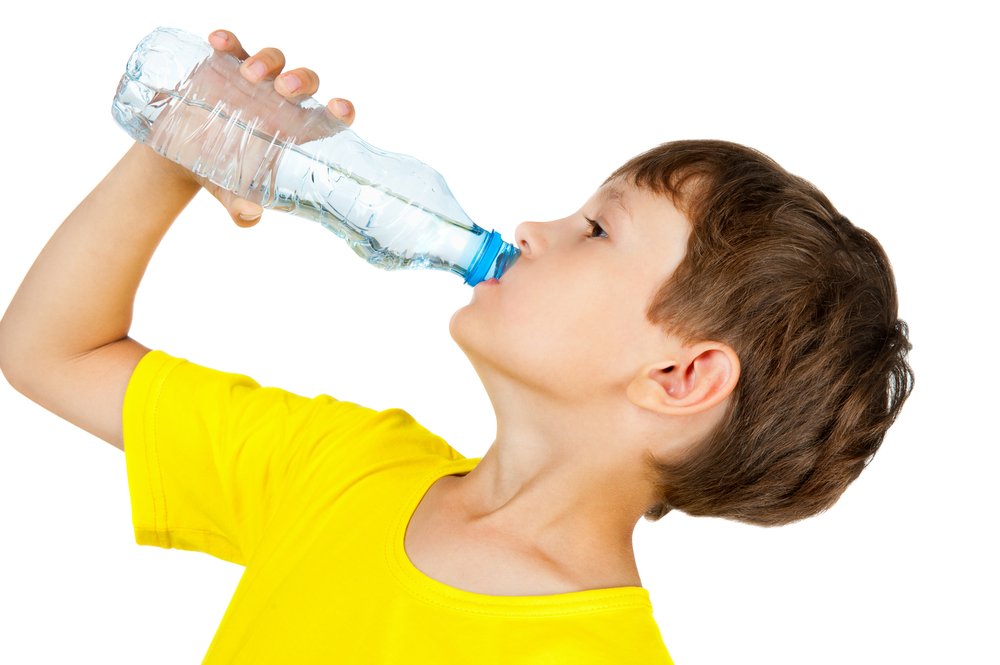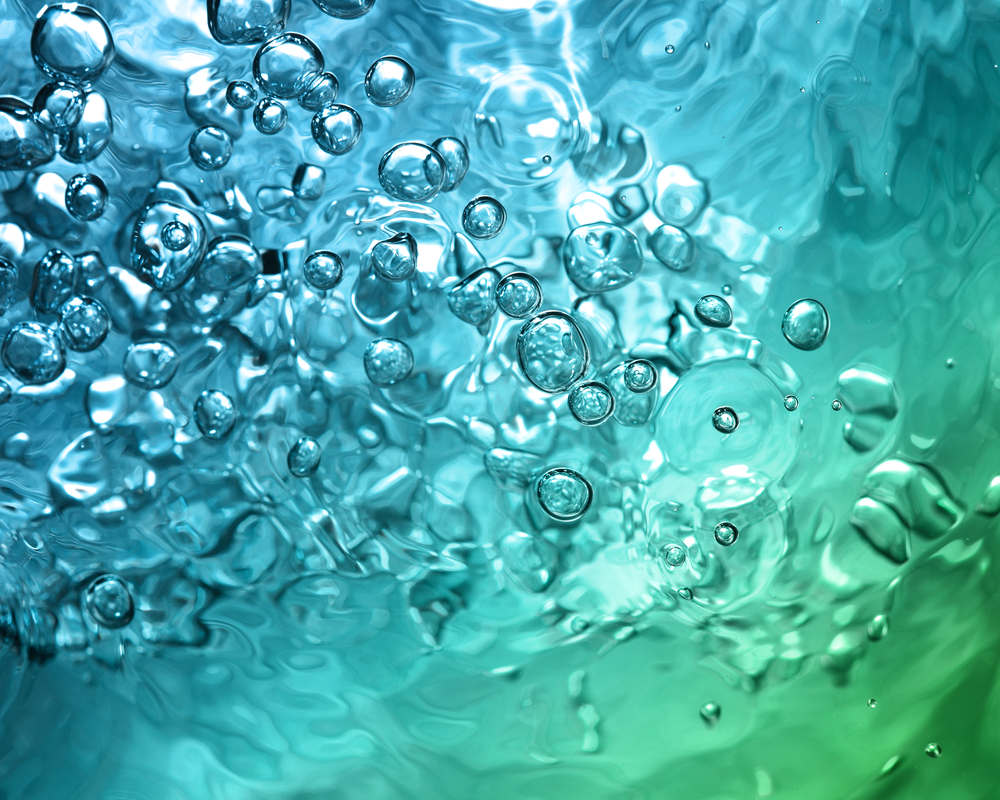Can you imagine your life without water? Of course not, life without water is impossible; we need water to survive.
Water is an essential element in our body, even a slight decrease of water in our bodies can cause us to stop functioning properly, and we can face serious consequences. However, many of us take water (H2O) for granted, it is readily available to us, but there are many unfortunate souls around the world who do not have access to safe water.
About 1.2 billion people still lack safe drinking water and about 80% of all illnesses in developing countries are water-related such as cholera, dysentery and diarrhea. Simple techniques for treating water at home, such as chlorination(1), filters, and solar disinfection(2), and storing it in safe containers could save a huge number of lives each year.
People living in cities usually obtain their water from public treatment plants. The water is stored in a reservoir and the first step in the water purification process is removal of trash and rubbish. Usually these are large debris; wire mesh is used to capture them. Next, the raw water may be flash-mixed with various chemicals to alter its pH(3), encouraging clumping and settling of smaller suspended solids. After an additional settling stage, the water can be forced through filter beds composed of sand, garnet, and anthracite to remove even smaller particles. The cleared water is then disinfected with chlorine gas or chlorine compounds, ozone, or ultraviolet light, before it is pumped into the distribution system of water mains and storage tanks on its way to our homes.

In developing countries water treatment companies face many problems, such as the inadequate supply of chemicals, their high price and the insufficient skilled manpower. Some of the chemicals used in conventional water treatment processes for turbidity removal have also been deemed somewhat unsafe such as the widely used aluminum sulfate. There is a fear that ingestion of aluminum ions may induce Alzheimer’s disease.
Not only is it dangerous to use aluminum sulfate (alum) and calcium hypochlorite, but it also puts pressure on the nation’s financial resources since they are imported, thus making treated water very expensive and beyond the means of most rural people. Due to the importance of water, those who live in rural areas have no choice but to resort to sources such as dams, dug-outs, streams, rivers, and lakes. Water from these sources is usually turbid and contaminated with microorganisms that lead to many diseases including guinea worm and bilharzias.
We know that remote places in Egypt suffer from the unavailability of safe drinking water, and this is due to scarce water treatment plants. The health of farmers and people living in those areas is greatly affected by the lack of safe water, since the water available is contaminated with harmful bacteria and parasites.
In 2003, USAID introduced the use of slow sand filtration water treatment plants to the villages, and funded the construction of these plants. Water from the Nile is filtered using gravel and sand to remove impurities and then chlorinated. The advantages of these plants include high effectiveness of water treatment through removal of turbidity, bacteria and parasites. Due to the manual nature of the operation of these treatment plants, few automation skills are required of the staff, making it easy to manage and maintain. Now farmers in the villages of Tena el Gabal and Gabal el Ter in Minya Governorate are able to obtain safe water and their health has improved. However, many other villages are not as fortunate; hence, a better and easy solution is needed to dramatically improve their quality of life.
But, can a solution that does not need advanced technology or manpower, and will not have us digging too deep into our pockets, exist?
The answer is “yes!” Mother Nature has done it again by providing us with the Moringa Oleifera! This tree is sometimes dubbed “the miracle tree”; it is a vegetable tree that grows in Africa, Central and South America, the Indian subcontinent, and South East Asia. Moringa trees have the capacity to grow rapidly from seeds or cuttings, even in poor, marginal soils; they require little horticultural attention and are resilient to the effects of extended drought. Crushed Moringa seeds clarify and purify water to suit domestic use, and diminishes water pollution and lowers the bacterial concentration in water making it safe for drinking. It is a quick and simple method for cleaning unclean river water.

How does it work?
The seed pods are allowed to dry naturally on the tree prior to harvesting. The seeds are then crushed and sieved using traditional techniques applied in the production of maize flour. For water treatment purposes, approximately 50-150 mg of ground seed will be needed to treat a liter of river water, depending on the quantity of suspended matter.
A small amount of clean water is then mixed with the crushed seed to form a paste. The crushed seed powder joins with the solids in the water and sinks to the bottom; this is an effective natural clarification agent for highly turbid and untreated pathogenic surface water. This treatment also removes 90-99% of bacteria contained in the water, improving drinkability and making the result aesthetically as well as microbiologically more acceptable for human consumption. Using Moringa to purify water replaces chemicals such as aluminum sulfate, which are dangerous to people and the environment, and are expensive.
Water is an essential source of life for all human beings; unfortunately, it is not available in a safe form for everyone. Many ways are available for water treatment, but application varies from one part of the world to another. Innovative thinking and new discoveries in this area are essential for the benefit of all humanity; scientific knowledge and research dedicated to locate natural and cost-effective ways to provide safe water for everyone is indispensable for a better life for all.
Glossary
- Chlorination is the process of adding chlorine to water as a method of water purification to make it fit for human consumption as drinking water.
- Solar water disinfection (SODIS) is a method of disinfecting water using only sunlight and plastic PET bottles. It is a free and effective method for decentralized water treatment, usually applied at the household level and is recommended by the World Health Organization as a viable method for household water treatment and safe storage.
- pH is the measure of the acidity or basicity of an aqueous solution.
References
www.usaid.gov
encyclopedia.kids.net.au
ezinearticles.com
academicjournals.org
www.treesforlife.org
*Published in the PSC Newsletter, Spring 2011 Issue.